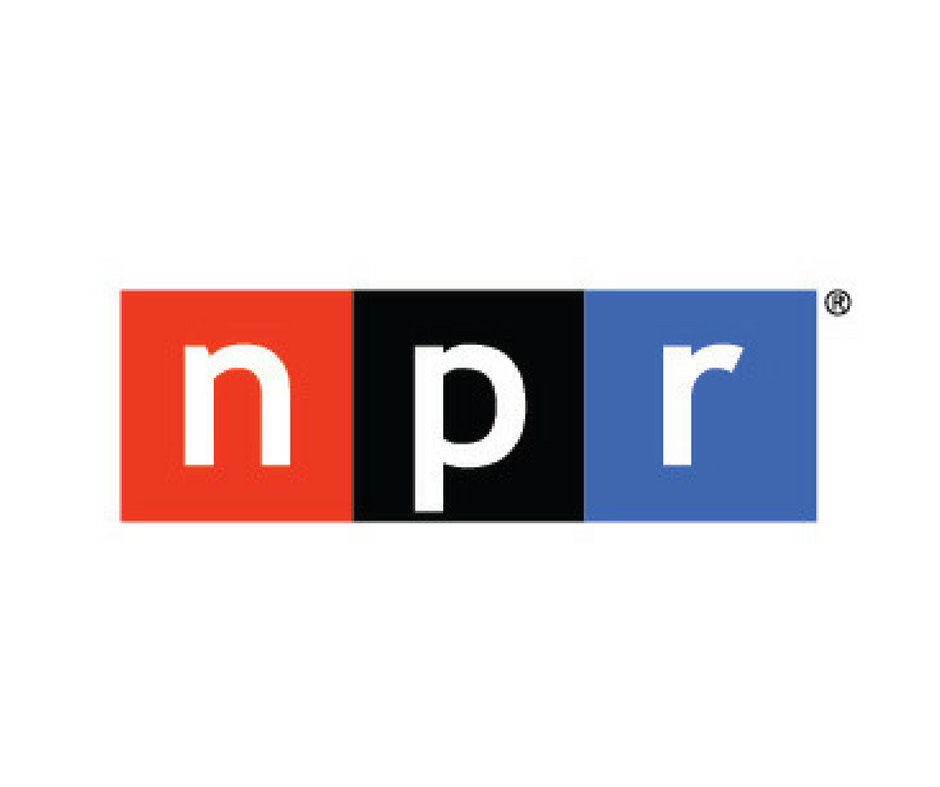
John Perry Barlow, a Grateful Dead lyricist turned online pioneer died in his sleep February 7 at age 70. A frequent poster on the early Grateful Dead chat rooms, by 1990, Barlow was known for his involvement with the Electronic Frontier Foundation, a non-profit he co-founded with two tech entrepreneurs he met through a chat room. For almost three decades, the foundation was the predominant civil liberties organization for Internet users, filing multiple lawsuits against the federal government in an effort to combat its perceived overreach into online speech and privacy rights, including attempts at blocking peer-to-peer file sharing networks.
Although he never formally renounced his published works that claimed the Internet was free from any single sovereign nation’s laws, Barlow conceded by the mid 1990s that such a view was aspirational at best.
In an opinion piece for National Public Radio, writer Stephen Witt wonders whether Barlow’s vision for a fully egalitarian Internet would even be possible in contemporary society thanks to the implementation over the last decade of end-user license agreements and other commonly required web protocols — a far cry from the one-time songwriter’s dreams of an online collaborative commune.
“Barlow’s legacy, perhaps, is to remind us that the Internet we have is not inevitable, and that once, not too long ago, a different set of values reigned,” Witt writes. “Collectively, we abandoned those freedoms for the glow of the touchscreen, the browsable media library, and the fleeting satisfaction of an algorithmically-sorted, refreshable timeline. Written out like that, it seems like an unfair trade.